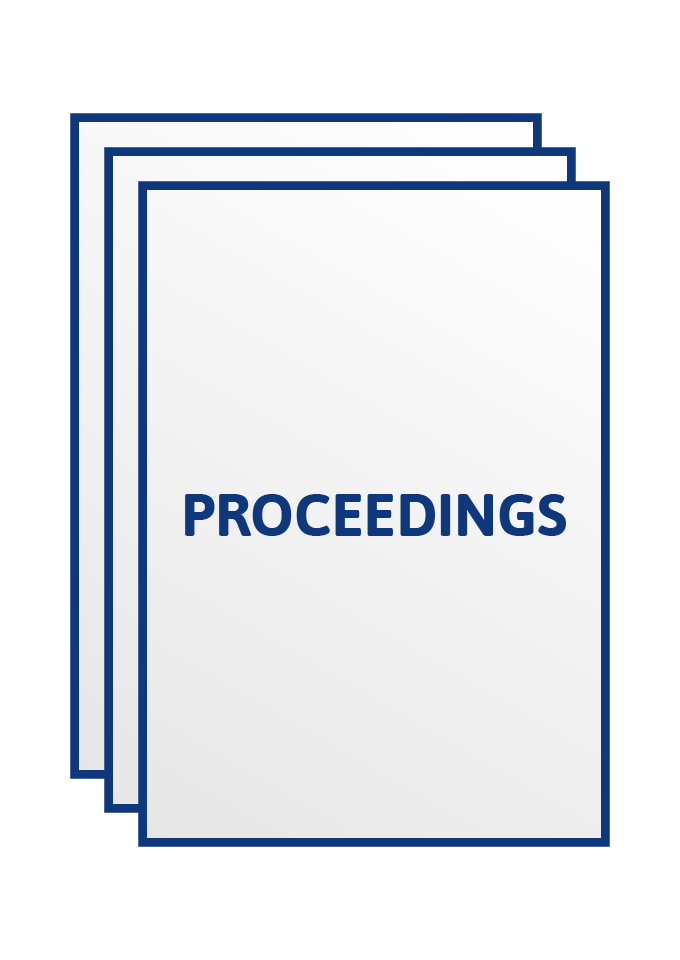nova-Session “Life Cycle Assessment (LCA) in Science and Policy” (Proceedings)
150 € ex. tax
The price will change in:
The download of the proceedings contains all eight presentations.
This nova-Session (September 2022 and October 2022) discussed the important tool of Life Cycle Assessment (LCA) – its scientific and methodological principles as well as practical implementation in political decision-making.
Assessing and comparing products’ environmental performances is a critical element in transforming our economic system towards sustainability and mitigating climate change. How else to make decisions as to which technologies, feedstocks or production systems are preferable?
LCA according to ISO 14040 has become the most widely accepted and applied method to provide information on products’ and companies’ environmental performance.
As a standardised tool it offers many advantages such as credibility and comparability.
However, it also offers flexibility to cover a multitude of products, companies and processes. This has the advantage that it can be adapted to all kinds of circumstances, but it also reduces comparability and there is a certain danger of greenwashing. Therefore, higher comparability has been a goal of LCA method development for quite some time. Recently, policy also has been referring more and more to LCA to provide guidelines, support, incentives or permits. These need fixed values and comparable results – so the longer intended method development is imperative now. Accordingly, there have been increased efforts to build on the LCA method for political purposes and develop common assumptions, comparators and default values for product groups. Prominent examples are the calculation rules for biofuels, the discussions about the Product Environmental Footprint (PEF), LCA calculations for bio-based plastics, GHG emissions of recycled plastics and for fuels made from CCU, discussions in the framework of the Taxonomy and more.

